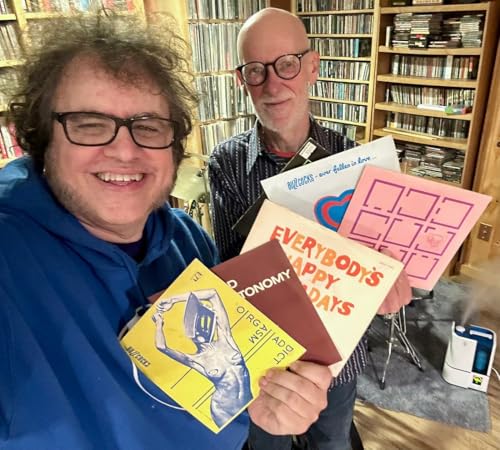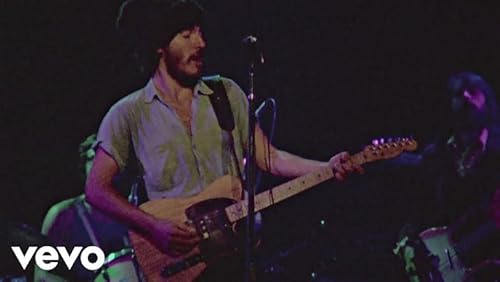This is a free preview of a paid episode. To hear more, visit tonyfletcher.substack.com
Welcome to the 22nd episode of the CROSSED CHANNELS podcast — a.k.a. the podcast in which music journalists/obsessives Dan Epstein (the Yank) and Tony Fletcher (the Brit) clash and connect over music from either side of the pond.
This time out, we dig into a big bowl of Raspberries, the legendary American power pop band of the early 1970s. Formed in Cleveland, Ohio from the ashes of popular local groups The Choir and Cyrus Erie, the Raspberries were fronted by guitarist/pianist Eric Carmen, and also featured lead guitarist Wally Bryson, bassist Dave Smalley and drummer Jim Bonfanti.
Between 1972 and 1974, the Raspberries enjoyed four Top 40 Billboard hits (including 1972’s “Go All The Way,” which went, er, all the way up to #5) and their riffy, hook-filled, arena-rocking brand of power pop would go on to influence several generations of pop-minded musicians — some of whom can be heard testifying to the importance of the band’s legacy on Play On: A Raspberries Tribute, the new 2-CD set released by Think Like A Key Music.
But while the Raspberries were arguably the most commercially successful American power pop band of the 1970s, and their legion of fans included John Lennon, Bruce Springsteen and Tom Petty, they got a rough reception from US rock critics, many of whom derided their records for being too blatantly Beatles-esque. And the band, despite drawing heavily from British influences (especially The Who and Small Faces as well as the Fab Four), achieved little notice at all in the UK.
In this episode, Dan makes a case for his twelve top Raspberries songs — three from each of their four studio albums — as he and Tony break down the (mostly) British influences that inspired their creation.
As always, this full CROSSED CHANNELS episode is only available to paid subscribers of Jagged Time Lapse and/or Tony Fletcher, Wordsmith, though a short preview of the episode is available above for all to listen to. To hear this episode in full, along with all of our previous CROSSED CHANNELS episodes, just sign up for a paid subscription to one of our Substacks — or, better yet, sign up for both of them!
 2026/01/2216 分
2026/01/2216 分 2025/12/1113 分
2025/12/1113 分 16 分
16 分 11 分
11 分 12 分
12 分 2025/08/1412 分
2025/08/1412 分 9 分
9 分 14 分
14 分
